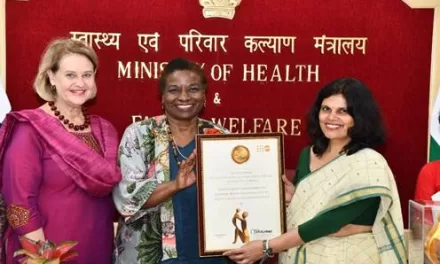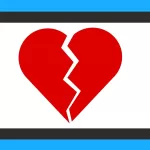The World Health Organization (WHO) and St. Jude Children’s Research Hospital have launched the distribution of urgently needed childhood cancer medicines in Mongolia and Uzbekistan. This initiative is part of the Global Platform for Access to Childhood Cancer Medicines, which aims to provide uninterrupted access to quality-assured medicines at no cost to low- and middle-income countries (LMICs).
The program’s next phase includes shipments to Ecuador, Jordan, Nepal, and Zambia. By the end of the year, it is expected to benefit approximately 5,000 children across at least 30 hospitals. With the ultimate goal of reaching 50 countries over the next 5 to 7 years, the initiative hopes to provide essential cancer medicines to around 120,000 children, significantly reducing mortality rates in LMICs where survival rates are often below 30%.
“For too long, children with cancer have lacked access to life-saving medicines,” said WHO Director-General Dr. Tedros Adhanom Ghebreyesus. “This unique partnership between WHO and St. Jude is working to provide quality-assured cancer medicines to pediatric hospitals in low-and middle-income countries. WHO is proud to be part of this joint initiative with St. Jude, bringing health and hope to children around the world.”
Each year, an estimated 400,000 children are diagnosed with cancer, with the majority residing in resource-limited settings where obtaining or affording treatments is a challenge. Due to barriers such as inadequate access to appropriate treatment, supply disruptions, and the availability of substandard medicines, approximately 70% of these children do not survive.
James R. Downing, MD, President and CEO of St. Jude Children’s Research Hospital, emphasized the inequality in cancer care worldwide. “A child’s chances of surviving cancer are largely determined by where they are born, making this one of the starkest disparities in global healthcare,” he stated. “By developing this platform, we believe that Danny Thomas’ dream—that no child should die in the dawn of life—can be realized for children facing cancer, no matter where they live.”
Launched in 2021, the platform is a collaboration between WHO, St. Jude, governments, pharmaceutical companies, and non-governmental organizations. It focuses on improving national health systems’ capacity for childhood cancer treatment while ensuring long-term sustainability.
In addition to providing medicines, the initiative supports participating countries with medicine selection, treatment guidelines, and logistical support. It also partners with UNICEF’s Supply Division and the Pan American Health Organization (PAHO) Strategic Fund to facilitate access to these life-saving drugs. The platform is considered a groundbreaking model in global health efforts aimed at improving outcomes for children with cancer and other noncommunicable diseases.
Disclaimer:
This article is for informational purposes only. The details provided are based on official statements from WHO and St. Jude Children’s Research Hospital. Readers are encouraged to visit the respective organizations’ websites for the latest updates and further information.











